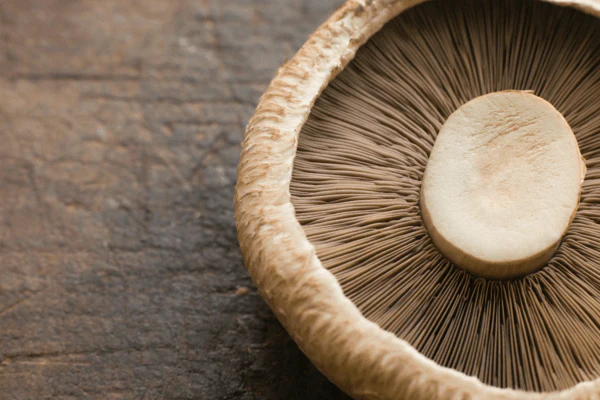The use of psychedelic substances in medicine is a growing area of research. Magic mushrooms’ active ingredient, psilocybin, has been studied for its health benefits. As laws change, some healthcare professionals are starting to consider its use.
Treatment-resistant depression
One of the main areas of study for psilocybin is depression, which doesn’t respond to other treatments. Some people try many antidepressants without success. For these patients, psilocybin might offer hope. There is evidence that it can quickly reduce depression symptoms. The effects can last weeks or months after just one or two doses.
Addiction treatment
Psilocybin might help people overcome addictions. Studies have looked at its use for alcohol and tobacco dependence. The results show that it could help reduce cravings and increase quit rates. This is exciting because addiction is often hard to treat with current methods.
Post-traumatic stress disorder (PTSD)
PTSD can be a debilitating condition. Current treatments don’t always work well. Early research suggests psilocybin might help. It could allow people to process traumatic memories in a new way. This might reduce symptoms like flashbacks and anxiety.
Cluster headaches
This is a less common use, but some doctors are interested in psilocybin for cluster headaches. These are excruciating headaches that are hard to treat. Some patients report that psilocybin can stop a cycle of cluster headaches. A healthcare professional may consider mushroom gummies. It’s essential to try standard therapies first. Only if those don’t work might a doctor think about psilocybin.
Research studies
Right now, most medical uses of psilocybin are in research studies. Doctors might recommend that patients join a survey if they think it could help. This allows the patient to try psilocybin in a controlled, safe environment.
Microdosing trials
Some studies examine micro-dosing, which means taking tiny amounts of psilocybin regularly. It’s being studied for mood improvement and creativity. A doctor should join a micro-dosing trial for certain patients.
Therapy-assisted treatment

Most studies combine psilocybin with therapy. A mental health professional guides the patient through the experience. If a doctor recommends psilocybin, it would likely be part of a therapy program.
Safety Screening
Before recommending mushroom gummies, a doctor should do a careful screening. They would check for,
- Mental health conditions that might make psilocybin unsafe
- Physical health issues that could cause problems
- Medications that might interact badly with psilocybin
- Family history of specific mental health conditions
Only patients who pass this screening would be considered for psilocybin treatment.
Patient Preference
Some patients might ask their doctor about psilocybin. They might consider it if it’s legal and the doctor thinks it could help. However, they would still need to do all the proper screening and planning. When It Might Not Be Recommended. There are times when a doctor would not recommend psilocybin. This includes:
- Patients with schizophrenia or bipolar disorder
- People with a history of psychosis
- Patients taking certain medications
- Anyone under 18 years old
- Pregnant or breastfeeding women
The idea of healthcare professionals recommending magic mushroom gummies is new and evolving. Right now, it’s mostly happening in research settings. Any recommendation would come with careful screening, monitoring, and follow-up care.


